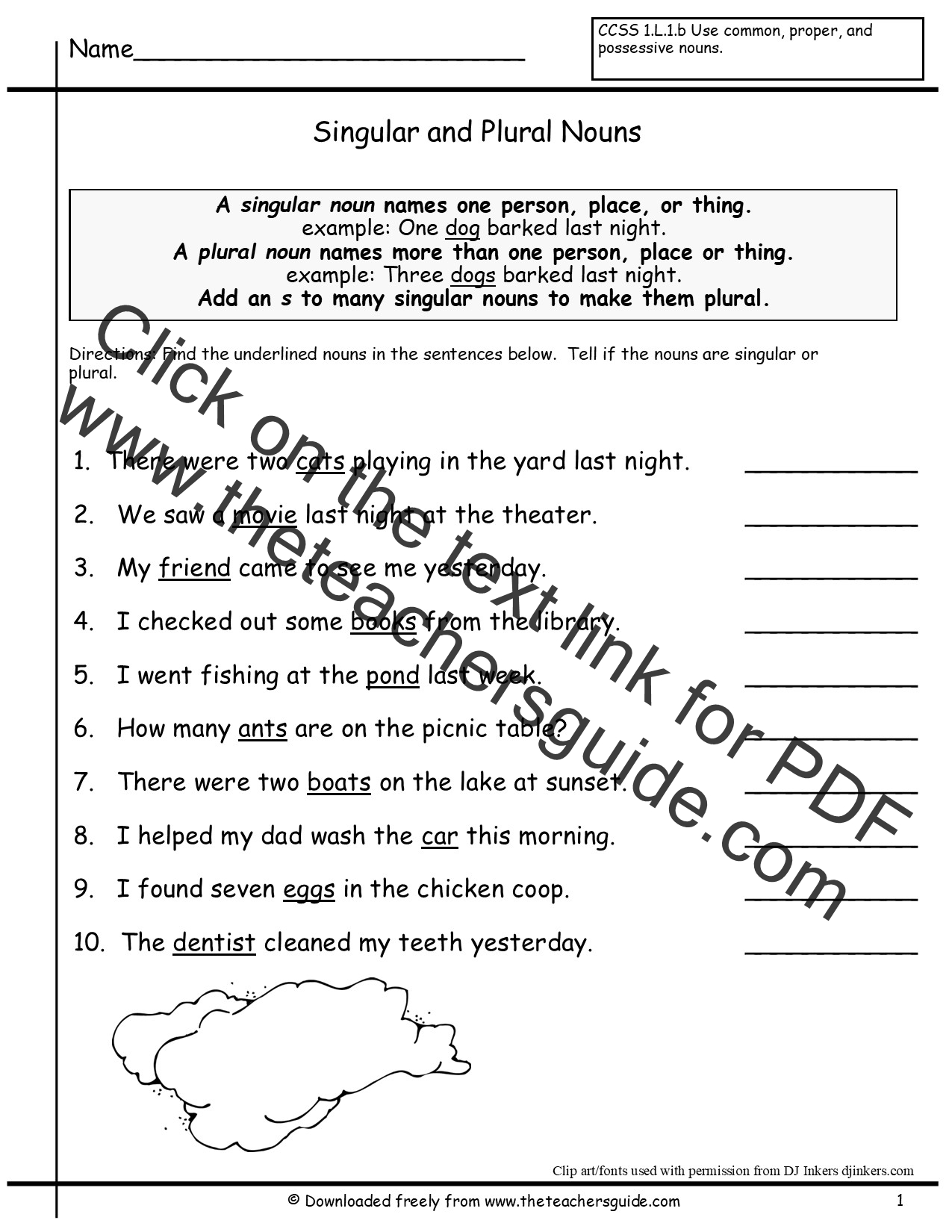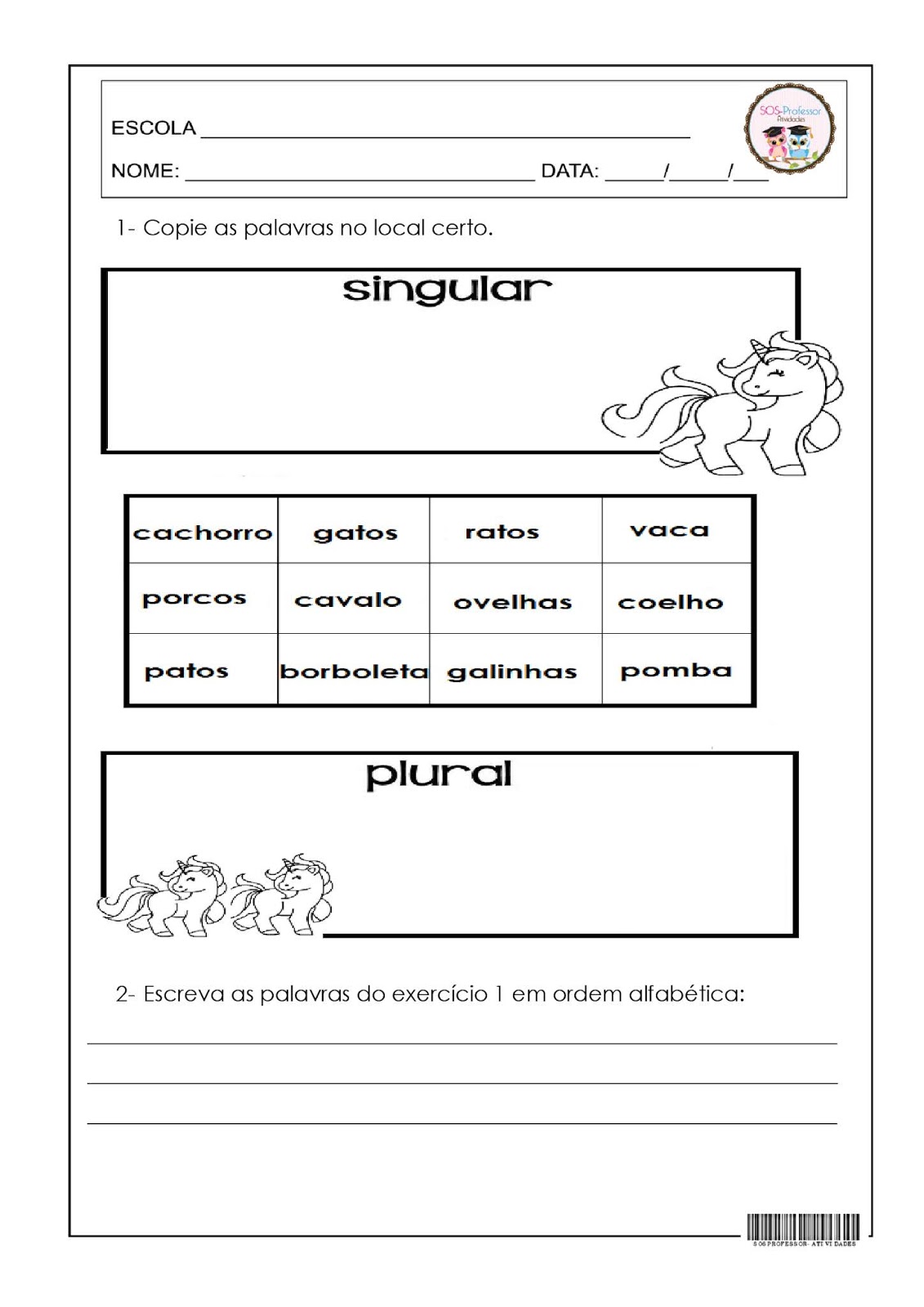
The spelling rules for forming the plurals of nouns (e.g., whether to add "s," "es," or "ies") usually depend on how the noun ends. In most cases, a noun will form its plural by adding "s" to the singular form. The term "plural" does not apply to just nouns (e.g., cats, mice), it also applies to pronouns, determiners, and verbs. The word "plural" means "more than one in number." So, the plural form of the word "cat" is "cats," and the plural form of "mouse" is "mice." (Plural is the opposite of singular.) It is quite possible for bad English to be flawless grammatically.Search our site by Craig Shrives What Are the Plural Forms of Words? But not all terrible sentences are ungrammatical. You wondered about the grammar because your ear for English correctly suggested that it was a terrible sentence. However, as you point out, the whole sentence is quite clunky because it is redundant.Įlectric cars run on electricity.ĮDIT: Because a sentence seems to be poor English, people frequently ask whether the sentence contains grammatical errors without considering whether the sentence may be clumsily constructed. Notice, however, the parenthetical "that is" is set off by commas, which reflect a slight pause in spoken English. There are electric cars that are cars that run on electricity. It is of course possible to use a relative clause to clarify meaning.

There are electric cars, that is, cars that run on electricity.


It clarifies what is meant by the term "electric car" and may get shortened to There are electric cars, that is to say, cars that run on electricity. The construction of "that is" in this sentence is an ellipsis used in a clarification rather than a use of a relative pronoun.


 0 kommentar(er)
0 kommentar(er)
